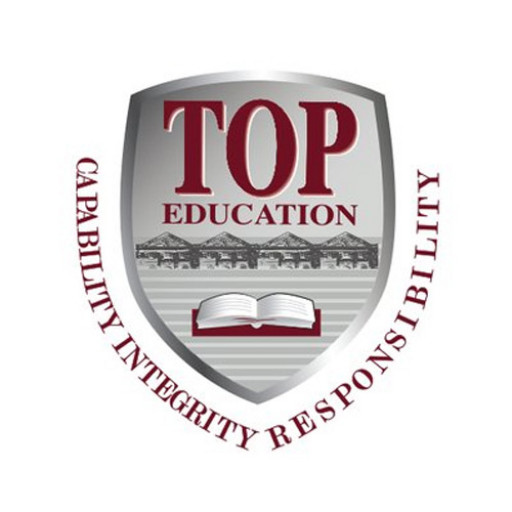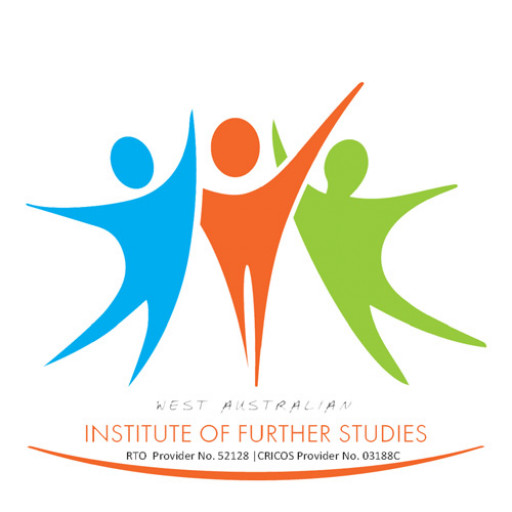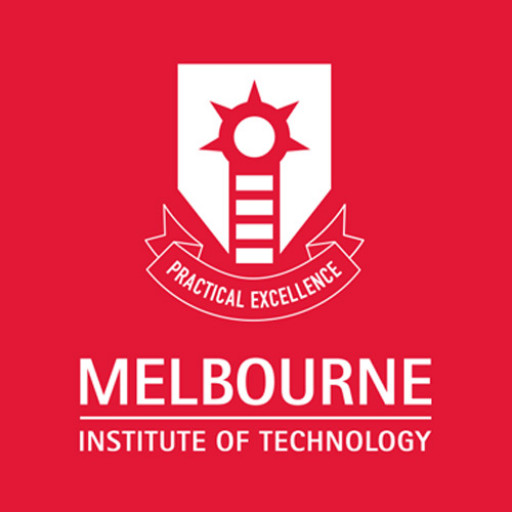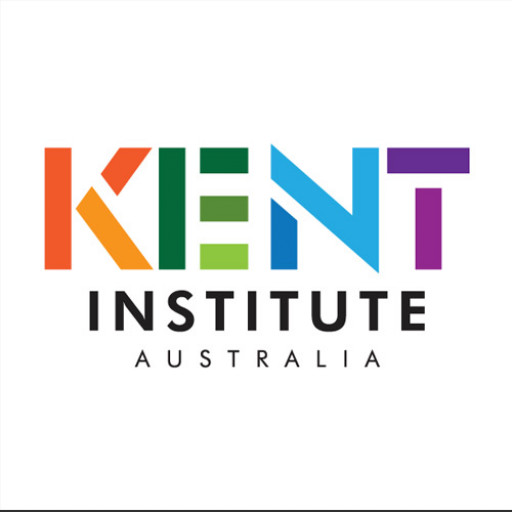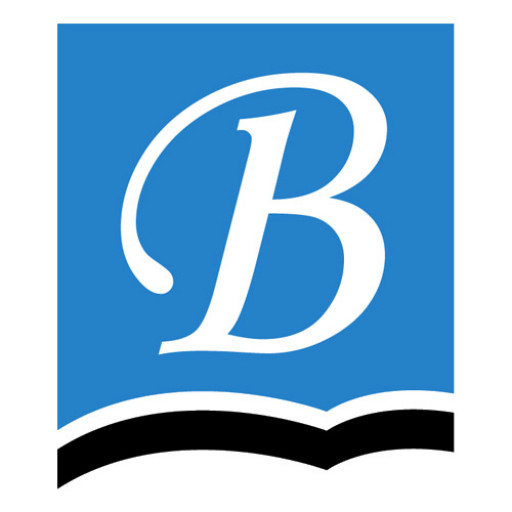The Graduate degree in Accounting provides a solid introduction to accounting theories, including financial accounting, management accounting, economics, auditing, business law and accounting information systems. This training course is intended for students that possess a bachelor's degree in another field of study and are wishing to match it using a professional accounting qualification. Graduates are equipped to comprehend, evaluate and employ where necessary that the conceptual basis of bookkeeping; key principles and analytic techniques from economics; regulatory requirements regulating the bookkeeping process; and commercial law, business communications and qualitative methods within an accounting context.
This class leading to the award of a AQF level 8 qualification is licensed by the Tertiary Education Quality Standards Agency.
Program requirements for the Accounting degree typically include a combination of academic prerequisites, prerequisite coursework, language proficiency, and sometimes work experience or entrance exams. Applicants are generally required to hold a completed secondary education with high academic achievement in relevant subjects such as mathematics, business studies, or economics. Some programs may specify a minimum GPA or grade point average for consideration.
Proficiency in the English language is often mandatory, demonstrated through standardized tests such as TOEFL or IELTS, unless the applicant's previous education was conducted in English. For international students, additional documentation such as a personal statement, letters of recommendation, and a resume or curriculum vitae might be required to assess their motivation and suitability for the program.
In many cases, applicants are expected to submit academic transcripts, proof of identity, and possibly a portfolio showcasing relevant skills or experiences. Some universities might conduct an interview, either in person or online, to evaluate the applicant's interest in accounting, understanding of the field, and communication skills.
Certain programs require applicants to have completed specific prerequisite courses, including introductory economics, mathematics, or business subjects, prior to admission. For some institutions, relevant work experience in the field of finance, accounting, or business administration can enhance an applicant's chances, although it is not always mandatory.
Applicants should also review specific application deadlines and ensure that all required documentation is submitted within the designated timeframe. Additionally, some programs may have a cap on enrollment and select candidates based on academic merit, interview performance, or a combination of factors.
Once admitted, students are expected to meet ongoing academic requirements, including passing core courses in financial accounting, managerial accounting, auditing, taxation, business law, and ethics. They might need to complete internships or practical training modules, which are integral parts of the curriculum designed to provide real-world experience and networking opportunities within the accounting profession.
In summary, the requirements for the Accounting bachelor’s program include a completed secondary education with strong academic records, proof of English language proficiency, submission of academic and personal documentation, meeting specific prerequisite coursework, and, in some cases, relevant work experience or entrance exams. It is advisable for applicants to carefully review the admission criteria specified on the university’s official website and ensure compliance with all application processes to enhance their chances of acceptance and success in the program.
Financing for the Accounting program at the Top Education Institute is structured to provide comprehensive support to students throughout their academic journey. The institute offers a variety of funding options, including scholarships, grants, and student loans, designed to make higher education accessible and affordable. Scholarships are awarded based on academic excellence, achievements, and financial need, encouraging students to excel in their studies and contribute actively to the academic community. Additionally, the institute collaborates with external organizations and financial institutions to provide loan opportunities with favorable repayment terms, aiming to reduce the financial burden on students and their families. The program's tuition fees are competitively priced in relation to similar accounting courses offered at other top universities, ensuring value for students. Financial assistance applications are processed through the institute's dedicated support office, where students can receive guidance on eligibility criteria, application procedures, and deadlines. The university also promotes part-time work opportunities on campus to help students gain practical experience while earning income to cover living expenses and course-related costs. It is also worth noting that certain students may qualify for government grants or subsidies based on their individual circumstances, further easing financial concerns. The institute emphasizes transparent communication about costs and funding options, empowering students to plan their finances effectively. Courses are scheduled to accommodate students who may be balancing work and study responsibilities, with flexible learning modules and online resources. Overall, the financing structure for the Accounting program aims to create an inclusive environment where students from diverse backgrounds can pursue their educational and professional goals without undue financial hardship, supporting their success both during and after their studies.
The Bachelor of Science in Accounting at Top Education Institute is a comprehensive undergraduate program designed to equip students with fundamental and advanced knowledge in the field of accounting. The program emphasizes the development of critical skills such as financial reporting, auditing, taxation, managerial accounting, and the use of accounting information systems. Students are introduced to both theoretical principles and practical applications, preparing them for diverse careers in accounting, finance, and related sectors. The curriculum includes coursework in financial accounting, cost accounting, corporate finance, ethics, and business law, ensuring a well-rounded education. Through case studies, internships, and project work, students gain real-world experience that enhances their understanding of industry practices and standards. The program also focuses on the development of analytical, problem-solving, and communication skills essential for success in the accounting profession.
Graduates of this program are well-positioned to pursue professional certifications such as CPA (Certified Public Accountant), ACCA (Association of Chartered Certified Accountants), or CMA (Certified Management Accountant). The university maintains strong links with industry partners, providing networking opportunities, career services, and internships designed to facilitate student employment upon graduation. The program is usually delivered over three to four years, depending on the structure, with options for part-time or full-time study. The faculty comprises experienced academics and practitioners committed to delivering an up-to-date curriculum aligned with international standards. The university also offers access to modern facilities, accounting labs, and online resources to support student learning.
The program aims to produce graduates with a solid ethical foundation and the ability to adapt to changing regulatory environments. Additionally, students are encouraged to develop their leadership and teamwork abilities to become effective professionals capable of contributing to the global economy. Upon completion, alumni can pursue further studies in accounting, finance, or related disciplines or enter the workforce in roles such as accountant, auditor, tax consultant, financial analyst, or corporate financial manager. Overall, the Bachelor of Science in Accounting at Top Education Institute is designed to prepare students for successful careers, fostering both technical competence and professional integrity.
